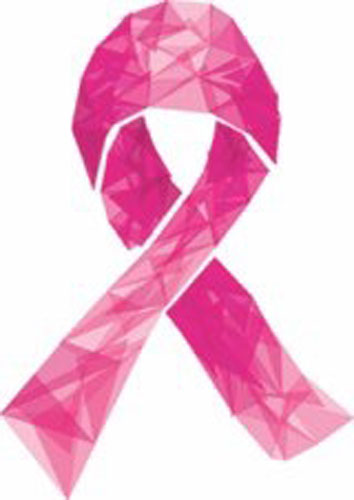More women are diagnosed with breast cancer than any other cancer. For many women, one of the more frightening aspects of a breast cancer diagnosis is the potential impact the disease can have on an area of the body often associated with femininity and motherhood.
Cance
Early detection and improvements in treatment have markedly decreased the numbers of breast cancer-related fatalities. However, the therapies used to treat breast cancer can affect fertility and a woman’s ability to have a successful pregnancy. While pregnancy after cancer treatment is often safe for both the baby and mother, women should still educate themselves about the potential effects of breast cancer treatment with regard to pregnancy:
Infertility risks and preserving fertility
One of the main concerns women have after surviving a breast cancer diagnosis is the risk of infertility. Susan G. Komen says both chemotherapy and hormone therapy can impact fertility and decrease the window of time a woman has to have children. This is a particular concern for young women who have been diagnosed with breast cancer. Chemotherapy can damage the ovaries, while tamoxifen, a commonly used hormone therapy, can cause irregular periods or stop the menstrual cycle altogether. Both of these treatments also may bring on natural menopause earlier than usual, according to the International Breast Cancer Study Group.
Young women can opt to have their unfertilized eggs or embryos frozen and stored prior to starting cancer treatment. It’s important to meet with a fertility specialist early on to discuss options.
Waiting game
According to the American Cancer Society, some doctors advise breast cancer survivors to wait at least two years after finishing treatment before they try to get pregnant. No research yet indicates that getting pregnant will make women more susceptible to the cancer coming back, nor will pregnancy increase the risks of birth defects or other long-term health concerns in children born to women who have had breast cancer.
Breastfeeding after cancer
Depending on the type of breast cancer treatment they receive, many women are still able to breastfeed. However, if radiation or surgery has affected breast health, milk production may be affected and the baby may have difficulty latching on. Using a breast pump to express milk may be an option. However, commercially produced infant formulas also can provide the nutrition growing babies need.
Choosing to have children after breast cancer is a personal decision. Thanks to medical advancements, the possibility to conceive and raise a family is strong.






















